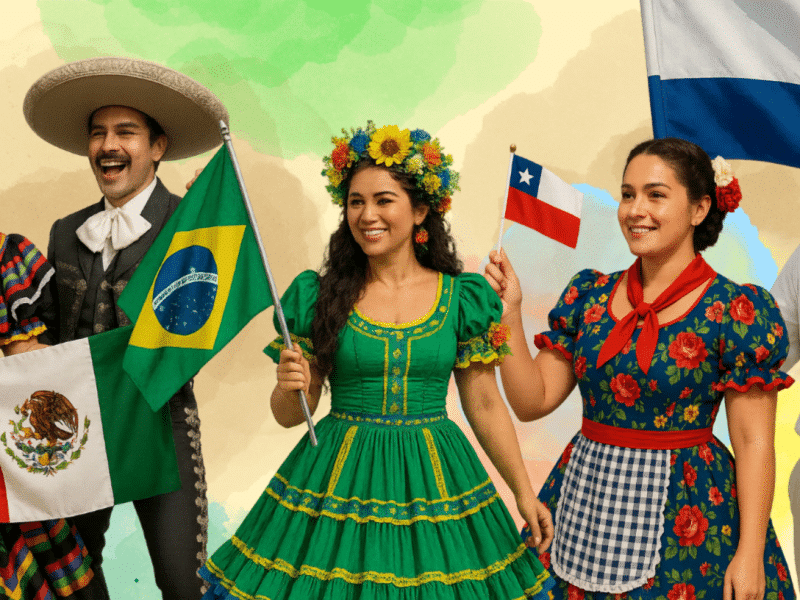Spa Water, Clean Girl Aesthetic, and Latine Appropriation
The rise of the clean girl aesthetic and “spa water” have us wondering: is it Latine appropriation, erasure, or both? Whatever it is, we’re here for forcefully calling it all out.

TikTok’s the place for tastemakers and everything trendy, so you’re probably aware of the controversial “clean girl aesthetic” and have heard about the recent uproar over rebranding agua fresca as “spa water.” Simply put, white “taste-makers” aren’t getting away with their cultural theft anymore.
TikTok user @gracie_norton was first noted in utilizing the term “spa water” when referring to what many Latinos already recognize as agua fresca, the Mexican drink made when mixing fruit with water and sugar. While Norton has since deactivated her account due to the backlash and issued an apology for not being familiar with the drink, we’re not convinced that was the case.
While we’re here for everything cute and trendy, these trends, along with others, stand out as especially problematic given the amount of latine cultural appropriation happening on the platform.
Enter the “clean girl” aesthetic: one defined by a slicked-back bun, neutral, light makeup, hoop earrings, and a closet full of neutral clothes. But we’ve seen this “clean girl” aesthetic before; we’ve seen it for decades in Black and brown communities.
The slicked-back hair with hoop earrings look is a pillar in the upbringing of many women from both communities. When Latina women popularized the look, however, it certainly wasn’t seen as a “clean girl” look, but rather one of “chongas” and “cholas” and other names taken from Latinas and used in derogatory ways, rather than with an acknowledgment of the depth, nuance, and power that those identities derived from.
Users on TikTok have not come to play when it comes to calling this out:
https://www.tiktok.com/@soykaelyn/video/7112089888941542702
https://www.tiktok.com/@michellitas/video/7123623056941010222
Other examples of appropriation include the rise of long, over-the-top nails. Before recent years, having long nails was commonly considered to be something of “lower-class” aesthetics, most likely due to their popularity mostly among Black and Brown women.
Long nails, Air Force Ones, and more have made their way to mainstream popularity once white women embraced them. This is yet another example of these trends originating from women of color only to be considered acceptable when white women deem them fashionable.
We shouldn’t have to remind anyone by now that the line between appreciation and appropriation is a thin one. Give credit to the communities that brought these things to life in the first place, without the need to make them “palatable” to more mainstream audiences through erasure and exclusivity.
By giving credit where credit is due, we’re normalizing the concept of embracing aesthetics because they’re what we like—not just because a white creator rebranded it into something else. And by being forceful in calling this out when it happens, we put the “mainstream” on notice that we won’t sit idly by while our culture continues to get taken from us.




